Unlocking New Horizons: Using Reverse Mortgage Proceeds to Purchase a Second Home
Owning a second home has long been a dream for many, offering a retreat, an investment opportunity, or simply a place to create cherished memories with loved ones. However, for retirees or seniors on fixed incomes, financing such a purchase can seem daunting. Enter reverse mortgages – a financial tool that has gained traction as a means to tap into home equity without the burden of monthly mortgage payments. In this blog, we explore the concept of using reverse mortgage proceeds to buy a second home, examining its benefits, considerations, and potential pitfalls.
Understanding Reverse Mortgages
Before delving into the idea of leveraging reverse mortgages for a second home purchase, it’s crucial to grasp the basics of this financial product. Unlike traditional mortgages where homeowners make monthly payments to a lender, reverse mortgages allow homeowners aged 62 and older to convert a portion of their home equity into cash. This can be received as a lump sum, fixed monthly payments, a line of credit, or a combination of these options.
One of the most appealing aspects of reverse mortgages is that borrowers are not required to make any payments as long as they continue to live in the home as their primary residence. Instead, the loan is repaid when the borrower moves out, sells the home, or passes away. Any remaining equity after the loan is repaid belongs to the borrower or their heirs.
The Second Home Dream
For many retirees, owning a second home represents more than just a real estate investment – it symbolizes freedom, adventure, and the opportunity to create new experiences. Whether it’s a cozy cottage by the lake, a beachfront condo, or a mountain retreat, a second home can provide a welcome escape from the hustle and bustle of everyday life.
Using reverse mortgage proceeds to fund the purchase of a second home offers several advantages. Firstly, it allows seniors to preserve their savings and retirement income for other expenses, such as healthcare or leisure activities. Additionally, since reverse mortgages do not require monthly payments, borrowers can use the proceeds to cover the cost of the second home without adding to their financial obligations.
Considerations and Risks
While the idea of using reverse mortgage funds to buy a second home may sound appealing, it’s essential to approach this decision with caution and careful consideration. There are several factors to keep in mind:
- Loan Limits and Eligibility: Reverse mortgage loan amounts are determined by factors such as the borrower’s age, home value, and current interest rates. Borrowers should assess whether they qualify for a large enough loan to finance the purchase of a second home.
- Ongoing Expenses: While reverse mortgages eliminate the need for monthly mortgage payments, borrowers are still responsible for property taxes, homeowners insurance, and maintenance costs on both properties. Failing to budget for these expenses could put borrowers at risk of defaulting on their loans.
- Impact on Heirs: Borrowers should consider how using reverse mortgage proceeds to purchase a second home will affect their heirs’ inheritance. Since the loan must be repaid upon the borrower’s death or sale of the home, heirs may inherit less equity than they anticipated.
- Home Equity Risk: Using reverse mortgage funds to buy a second home means tying up a significant portion of home equity in another property. If the second home does not appreciate in value or becomes difficult to sell, borrowers could find themselves in a precarious financial situation.
Conclusion
While the idea of using reverse mortgage proceeds to purchase a second home can be enticing, it’s not without its risks and considerations. Before embarking on this financial journey, seniors should carefully weigh the potential benefits against the drawbacks and consult with a financial advisor or reverse mortgage specialist to explore all available options.
Ultimately, for those who have dreamed of owning a second home in retirement, a reverse mortgage could provide a viable means to turn that dream into reality. By understanding the implications and planning accordingly, seniors can unlock new horizons and create a fulfilling lifestyle in their golden years.

